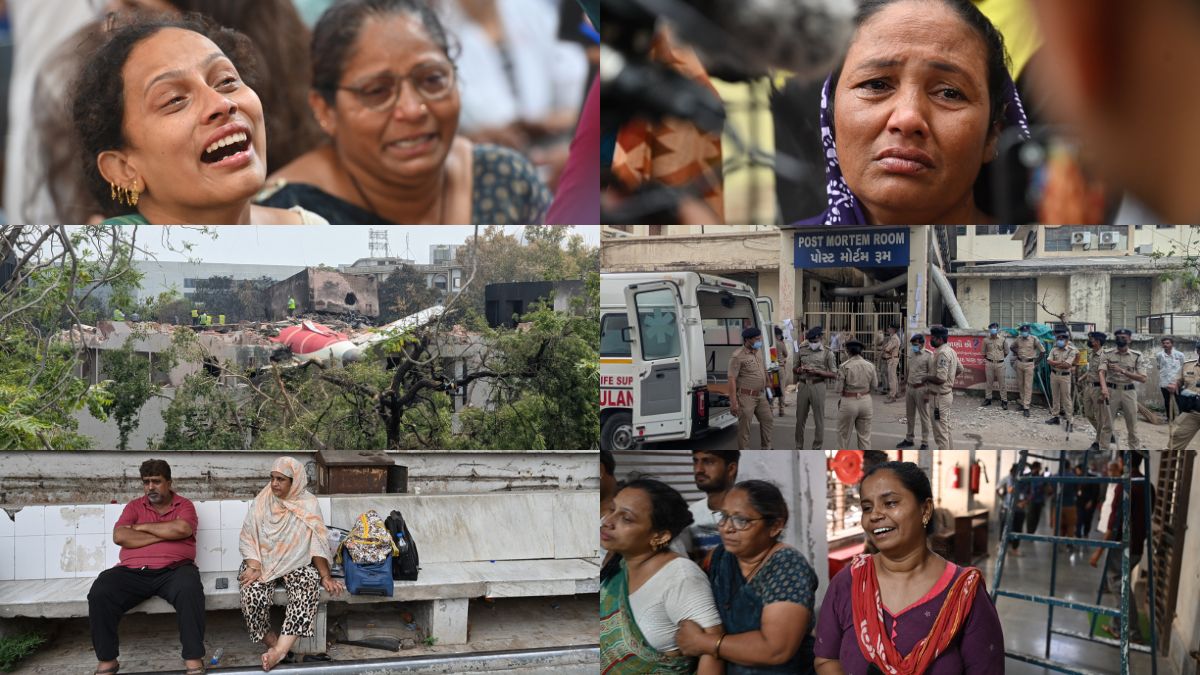Air India Crash Compensation: Legal Rights & Tata’s Offer | air india crash, compensation, legal rights, montreal convention, carriage by air act, tata group, ahmedabad, aviation law, victim compensation, sdr, supreme court

The Tata Group, which owns Air India, has reportedly offered ₹1 crore as compensation to each victim of the Air India Flight AI-171 crash, in Ahmedabad on June 12, 2025.
The crash killed 242 people on board and 19 on the ground, while one passenger was injured.
It is unclear whether this ₹1 crore offer is a purely humanitarian gesture or part of the victims’ legal entitlement. Air India has also reportedly paid ₹25 lakh as advance compensation under its obligations as per the Carriage by Air Act, 1972.
While the Tata Group’s offer is generous, questions remain about whether these amounts meet the standards set under the law.
The law on international air crash compensation
The Carriage by Air Act, 1972 (which includes the Montreal Convention) sets the rules for compensation. It provides a two-tier system:
First Tier (No-Fault Liability)
Airlines are obligated to pay compensation up to 151,880 Special Drawing Rights (SDRs), a globally recognised unit of currency, without requiring families to prove negligence. As revised by the International Civil Aviation Organization, this equates to approximately ₹1.91 crore per passenger.
Second Tier (Fault-Based Liability)
Families can claim more than the first-tier amount, but they must prove the airline was at fault.
This law overrides other Indian laws (like the Fatal Accidents Act) for international flights.
How does this compare with other accident laws?
Different types of accidents (rail, road, or air) are governed by separate laws with varying compensation limits. This does not violate the Constitution, as each mode of transport has distinct risk factors and legal frameworks.
Brief history of the law
India first adopted the Warsaw Convention (1929) and later updated it through the Hague Protocol and the Montreal Convention (1999). These changes increased passenger protection by moving from capped liability to a stricter two-tier system.
Why the Montreal Convention matters
Courts in India and abroad have consistently held that the Montreal Convention is the exclusive framework for international air accident claims. Families cannot bypass it by filing cases under domestic tort laws.
For example, in Sidhu v. British Airways (UK, 1997), the House of Lords ruled that national laws cannot override the convention. Similarly, in India, the Andhra Pradesh High Court has deemed the Carriage by Air Act a “complete code” for these cases.
What counts as an “accident”?
The law defines an accident broadly: it could be a crash, terrorist attack, or even an onboard injury like a snake bite. Each passenger or injured person is entitled to compensation individually. One victim’s case cannot affect another’s claim.
Different court interpretations in India
There have been conflicting rulings in Indian courts. In the Mangalore crash case, a single judge held that the first-tier, no-fault compensation must be paid in full. But later, a division bench said families must still prove damages under tort law principles.
Similar confusion arose in the Kozhikode crash case, where compensation amounts varied widely, even among members of the same family.
These conflicting views are now pending before the Supreme Court.
Why clarity is needed
The Supreme Court has yet to settle these differences, even though appeals from the 2011 Mangalore case and the 2020 Kozhikode case are still pending. Until the apex court gives a clear ruling, families in the Ahmedabad crash may face long, uncertain legal battles.
The Montreal Convention was meant to bring uniformity and speed to compensation, but the current delays risk further injustice.
What does this mean for the Ahmedabad victims?
The Tata Group’s ₹1 crore offer is less than the minimum amount stipulated under the first-tier, no-fault liability (₹1.91 crore). Thus, families may be entitled to a higher compensation as per the law. However, due to the existing ambiguity within the courts, they might need to fight a legal battle to get it.
Advocate Kodoth Sreedharan appeared for the claimants in the Mangalore and Kozhikode crash cases before the Kerala High Court and the Supreme Court. The opinions expressed in this article are those of the author and do not purport to reflect the opinions or views of THE WEEK. The author can be contacted at kodothsreedharan@gmail.com.

